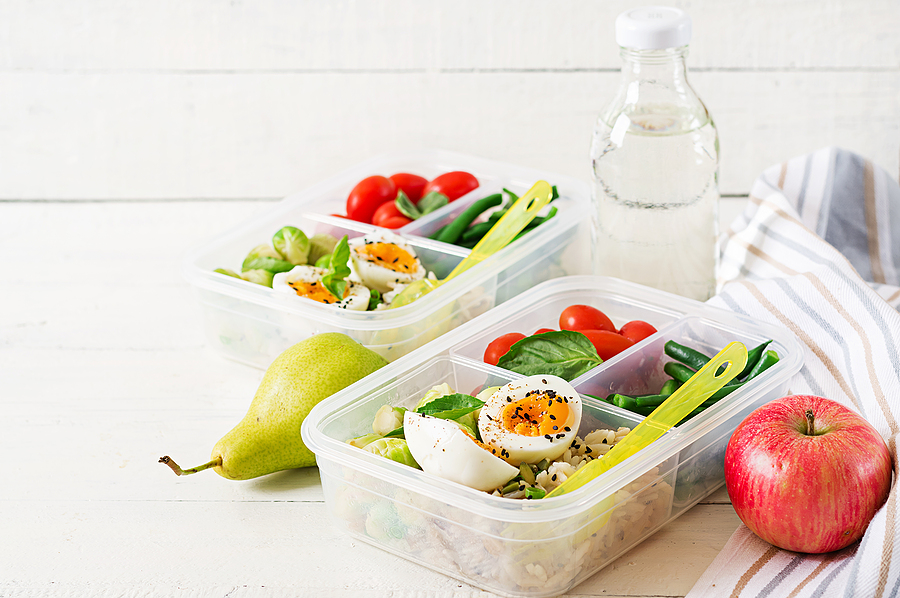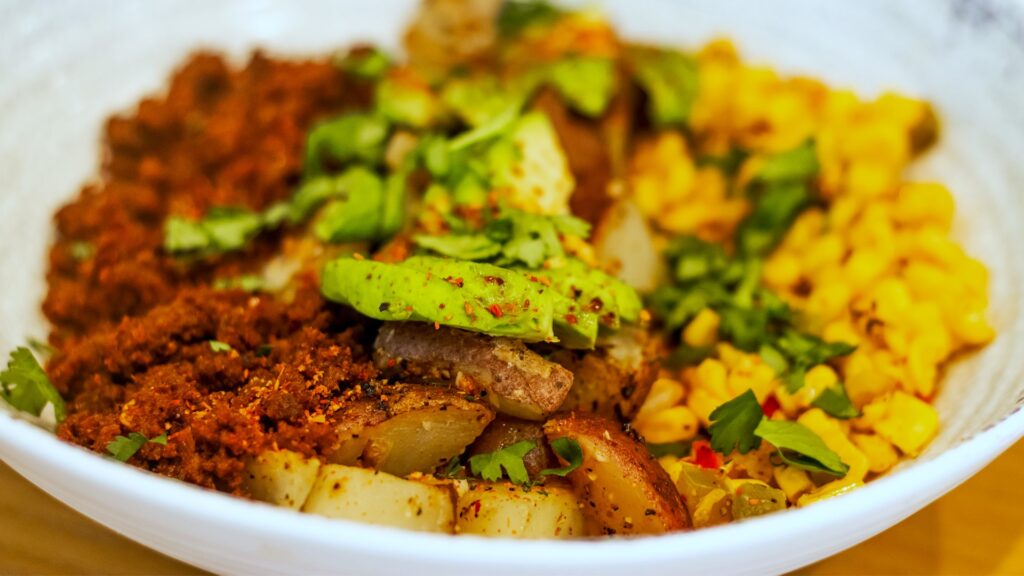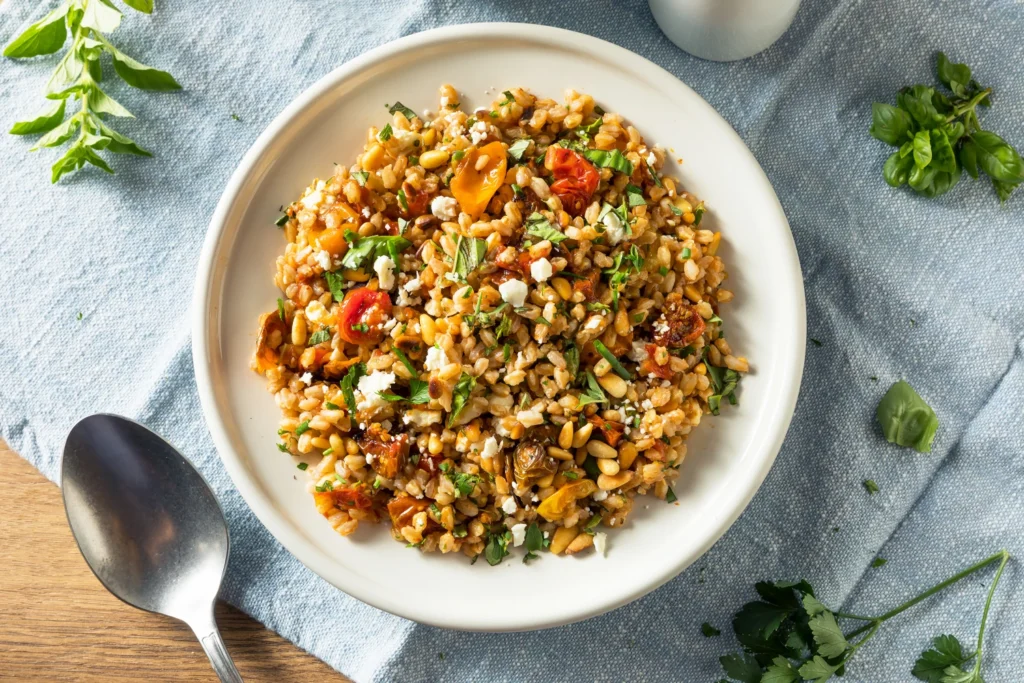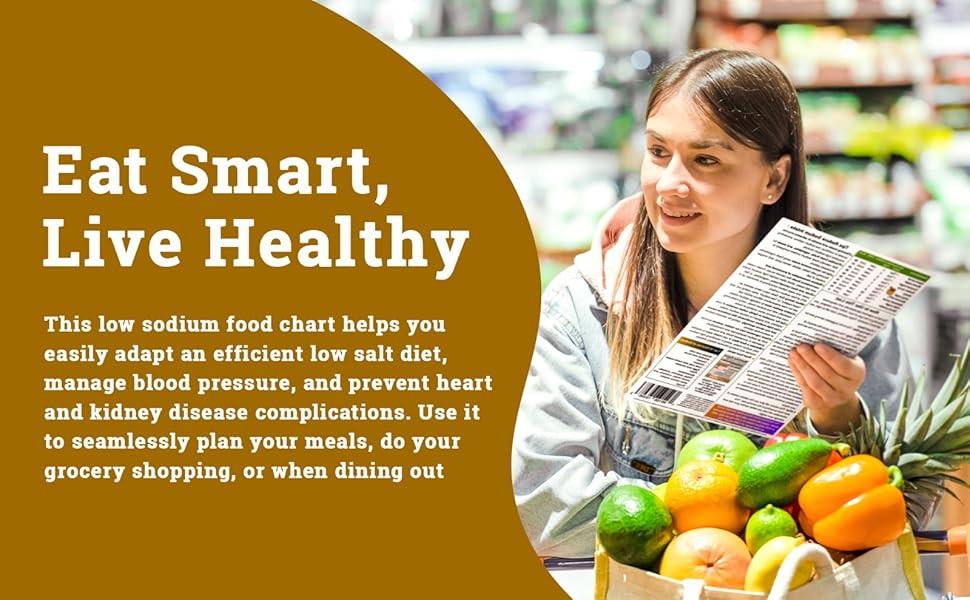Discover delicious low-sodium diet recipes for heart health that are easy to cook, flavorful, and heart-friendly. Learn practical tips, meal ideas, and how to manage sodium intake while enjoying healthy, tasty food. Low-Sodium Diet Recipes for Heart Health.
When I first started looking into low-sodium diet recipes for heart health, I was worried my meals would turn bland and boring. But over time, I learned that cooking without excess salt doesn’t mean losing taste. In fact, I found exciting ways to use herbs, spices, and fresh ingredients that made my food more delicious. In this guide, I’ll share practical tips, tasty recipes, and simple methods that helped me manage my heart health while still enjoying flavorful meals every day.
Why a Low-Sodium Diet Matters for Heart Health
One thing I quickly realized is that reducing sodium is not just a diet trend—it’s a lifesaving change. Too much salt can raise blood pressure, strain the heart, and increase the risk of heart disease. Following low-sodium diet recipes for heart health has helped me keep my blood pressure in check. According to doctors, adults should aim for less than 2,300 mg of sodium per day, and ideally closer to 1,500 mg. That’s easier to achieve with mindful meal planning and recipe choices.

Key Benefits of a Low-Sodium Diet
When I switched to a low-sodium diet, I noticed many positive changes in my health. I had more energy, less bloating, and even better sleep. Cutting back on salt doesn’t just benefit the heart—it improves overall well-being. Here are the key benefits I experienced:
- Lower blood pressure and reduced heart strain
- Decreased risk of stroke and heart disease
- Less water retention and swelling
- Improved kidney function
- Enhanced energy levels
“Your heart will thank you when you choose foods that are lower in sodium but full of flavor.”
Table: Sodium Levels in Common Foods
| Food Item | High-Sodium (mg) | Low-Sodium Alternative |
|---|---|---|
| Canned soup (1 cup) | 850 | Homemade vegetable soup |
| White bread (1 slice) | 150 | Whole wheat low-salt bread |
| Soy sauce (1 tbsp) | 950 | Low-sodium soy sauce (500 mg) |
| Chips (1 oz) | 170 | Air-popped popcorn (2 mg) |
| Frozen pizza (1 slice) | 700 | Homemade veggie flatbread |
How to Flavor Food Without Salt
At first, I thought reducing salt meant sacrificing taste, but that couldn’t be further from the truth. I started using fresh herbs, garlic, lemon juice, and spices to bring out natural flavors. For example, rosemary and thyme add depth to roasted vegetables, while paprika gives chicken a smoky touch. Citrus zest also works wonders for salads and seafood. By focusing on natural flavors, low-sodium diet recipes for heart health became exciting and enjoyable instead of restrictive or boring.

Breakfast Recipes for a Low-Sodium Diet
Starting the day with a healthy breakfast makes a huge difference. Here are some recipes I enjoy:
- Oatmeal with Fresh Berries—Rolled oats cooked with almond milk, topped with blueberries, strawberries, and chia seeds.
- Avocado Toast on Low-Salt Bread—Mashed avocado with lemon juice, topped with cherry tomatoes and a sprinkle of pepper.
- Greek Yogurt Parfait—Low-sodium Greek yogurt layered with granola and fresh fruit.
Each of these breakfasts is delicious, heart-friendly, and easy to prepare.
Lunch Recipes for Heart Health
For lunch, I like meals that are light yet filling. Some of my favorite low-sodium diet recipes for heart health include:
- Quinoa Salad with Chickpeas—Tossed with cucumbers, tomatoes, parsley, and olive oil.
- Grilled Chicken Wrap—Wrapped in a whole-wheat tortilla with spinach, carrots, and a yogurt dressing.
- Vegetable Soup—Homemade broth with carrots, celery, zucchini, and garlic for natural flavor.
These lunches keep me energized without weighing me down, and they’re perfect for busy days.

Dinner Recipes That Are Flavorful and Low in Sodium
Dinner is where I get most creative. I enjoy making meals that satisfy my taste buds and still protect my heart. Here are some favorites:
- Baked Salmon with Lemon and Dill—Served with steamed asparagus and quinoa.
- Stuffed Bell Peppers—filled with brown rice, mushrooms, and zucchini.
- Vegetable Stir-Fry—Cooked in olive oil with ginger, garlic, and a splash of low-sodium soy sauce.
Each of these recipes proves that healthy eating doesn’t have to be boring.
Snack Ideas for a Low-Sodium Diet
I used to rely on chips or salted nuts, but now I’ve discovered snacks that taste great without extra sodium. Here are some go-to ideas:
- Fresh fruit slices with almond butter
- Air-popped popcorn with paprika
- Carrot sticks with hummus
- Unsalted mixed nuts
- Rice cakes with cucumber and dill
These snacks are not only low in sodium but also nutrient-rich, making them perfect for heart health.
Table: Quick Low-Sodium Recipe Ideas
| Meal | Recipe Idea | Sodium (approx.) |
|---|---|---|
| Breakfast | Banana oat smoothie | 40 mg |
| Lunch | Lentil and vegetable salad | 120 mg |
| Dinner | Grilled turkey burger (no salt) | 150 mg |
| Snack | Apple slices with peanut butter | 80 mg |
| Dessert | Baked pears with cinnamon | 10 mg |
Grocery Shopping Tips for a Low-Sodium Diet
When shopping, I pay close attention to labels. Words like “sodium-free,” “low-sodium,” or “no added salt” are my go-to choices. I avoid canned foods unless they’re labeled low in sodium, and I choose fresh or frozen vegetables instead. I also replace processed snacks with healthier options. Following these grocery tips makes it easier to stick to low-sodium diet recipes for heart health without stress.

Key Takeaways
- Low-sodium diet recipes for heart health can be delicious and enjoyable.
- Herbs, spices, and citrus are great flavor substitutes for salt.
- Fresh, homemade meals reduce sodium intake more effectively than packaged foods.
- Breakfast, lunch, dinner, and snacks can all be adjusted to fit a low-sodium lifestyle.
- Reading food labels is crucial when shopping for heart-healthy meals.
Conclusion
Shifting to low-sodium diet recipes for heart health has been one of the most rewarding lifestyle changes I’ve made. At first, it felt like a challenge, but soon I discovered how delicious heart-friendly meals can be. From tasty breakfasts to satisfying dinners, there are endless possibilities to enjoy food while protecting your heart. By cooking smart, choosing fresh ingredients, and seasoning with creativity, I now feel healthier, stronger, and more in control of my well-being.
